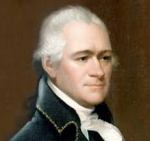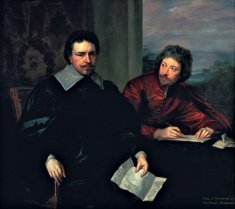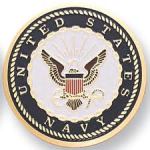“England may be the mother of Parliament, but from the Boston Tea Party to this administration, it’s the United States that has been the mother of tax revolt. You know, that’s a pretty good line. I can hardly wait to try it out on Margaret Thatcher.”
Ronald Reagan, Remarks at a briefing for members of the American Business Conference, The White House, March 23, 1988
“No capitation or other direct tax shall be laid, unless in proportion to the census or enumeration herein before directed to be taken.” Article 1, Section 9, Clause 4, US Constitution
This clause is known as the Direct Tax Clause. It underlines the statement in Article 1, Section 2, Clause 3 (the three-Fifths Clause), which states, “Representatives and direct taxes shall be apportioned among the several states”.
Apportioned means an allotment based on state population.
Enumeration means number of or count of.
One of the intentions of the Writers of the Constitution was to give the federal government the ability to raise money. This was not a strong point in the Articles of Confederation.
In order to understand direct taxation, it is important to understand indirect taxation. Indirect taxes are generally taxes on articles of consumption. (Duties, Imposts, and Excises). These taxes are considered “safe” for Congress to pass (people wouldn’t get mad and vote them out of office). The burden was shifted to the consumers.
As Alexander Hamilton, writing as Publius, states in Federalist 21: “
“If duties are too high, they lessen the consumption; the collection is eluded; and the product to the treasury is not so great as when they are confined within proper and moderate bounds. This forms a complete barrier against any material oppression of the citizens by taxes of this class, and is itself a natural limitation of the power of imposing them.”
Scholars are divided on the meaning of direct tax. Basically, direct tax would be a tax among the states based on population.
In debates during the time of the Founding, there were two forms of taxation for which apportionment was intended: capitation and land (included slaves). Capitation tax is generally known as a “head tax”. Each person in the country would pay a certain amount.
Through the years, there has been argument in the Courts as to whether direct taxation goes beyond capitation and land taxes. The general conclusion is that it does not. If Congress tries to collect direct taxes beyond that point, Congress would be considered to be overreaching. Direct taxes were to be used in an emergency. Congress has seldom levied direct taxes.
The issue of direct taxation became less of an issue with the “passage” of the 16th Amendment. It states:
“The Congress shall have power to lay and collect taxes on incomes, from whatever source derived, without apportionment among the several states, and without regard to any census or enumeration.”
Sources say this was ratified on February 3, 1913.
With the direct tax clause, we the people allow Congress to pass taxes indirectly –capitation and land.
We the people limit the authority of Congress to pass direct taxes, which could be unfair and/or burdensome.
References:
Findlay, Bruce Allyn and Findlay, Esther Blair. Your Rugged Constitution. Stanford: Stanford University Press, 1950
Hannaford, Peter. The Quotable Ronald Reagan. Washington, DC: Regnery Press, 1998
http://www.heritage.org/constitution/#!/articles/1/essays/64/direct-taxes
US Constitution
Online dictionaries






















